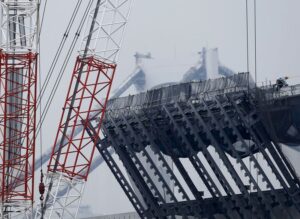China net cafe culture crackdown
China net cafe culture crackdown
Chinese authorities closed 12,575 net cafes in the closing months of 2004, the country’s government said. According to the official news agency most of the net cafes were closed down because they were operating illegally. Chinese net cafes operate under a set of strict guidelines and many of those most recently closed broke rules that limit how close they can be to schools. The move is the latest in a series of steps the Chinese government has taken to crack down on what it considers to be immoral net use. The official Xinhua News Agency said the crackdown was carried out to create a “safer environment for young people in China”. Rules introduced in 2002 demand that net cafes be at least 200 metres away from middle and elementary schools. The hours that children can use net cafes are also tightly regulated. China has long been worried that net cafes are an unhealthy influence on young people. The 12,575 cafes were shut in the three months from October to December. China also tries to dictate the types of computer games people can play to limit the amount of violence people are exposed to. Net cafes are hugely popular in China because the relatively high cost of computer hardware means that few people have PCs in their homes. This is not the first time that the Chinese government has moved against net cafes that are not operating within its strict guidelines. All the 100,000 or so net cafes in the country are required to use software that controls what websites users can see. Logs of sites people visit are also kept. Laws on net cafe opening hours and who can use them were introduced in 2002 following a fire at one cafe that killed 25 people. During the crackdown following the blaze authorities moved to clean up net cafes and demanded that all of them get permits to operate. In August 2004 Chinese authorities shut down 700 websites and arrested 224 people in a crackdown on net porn. At the same time it introduced new controls to block overseas sex sites. The Reporters Without Borders group said in a report that Chinese government technologies for e-mail interception and net censorship are among the most highly developed in the world.








